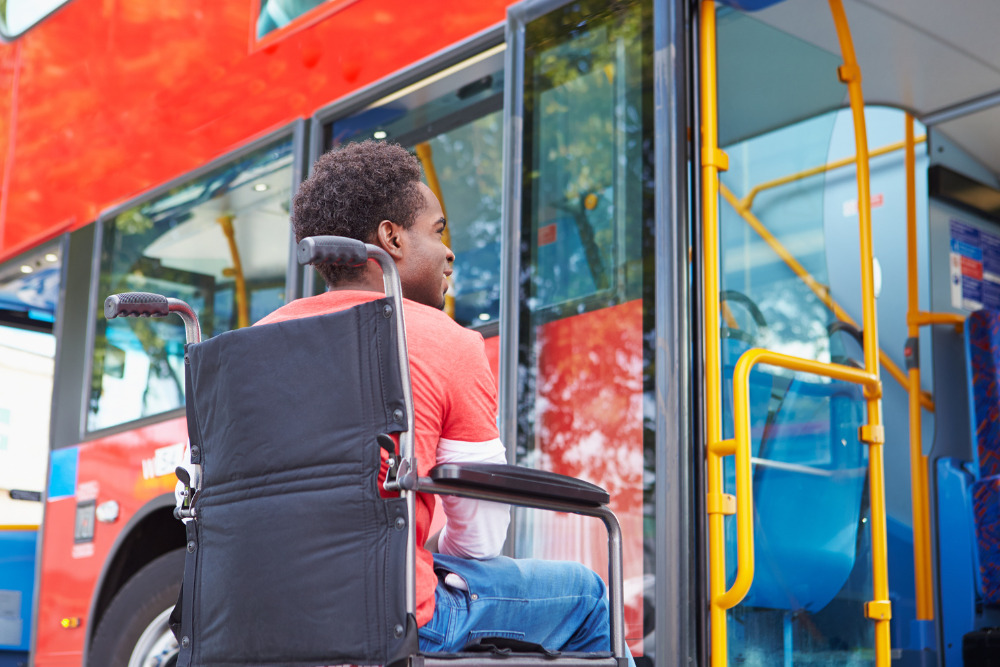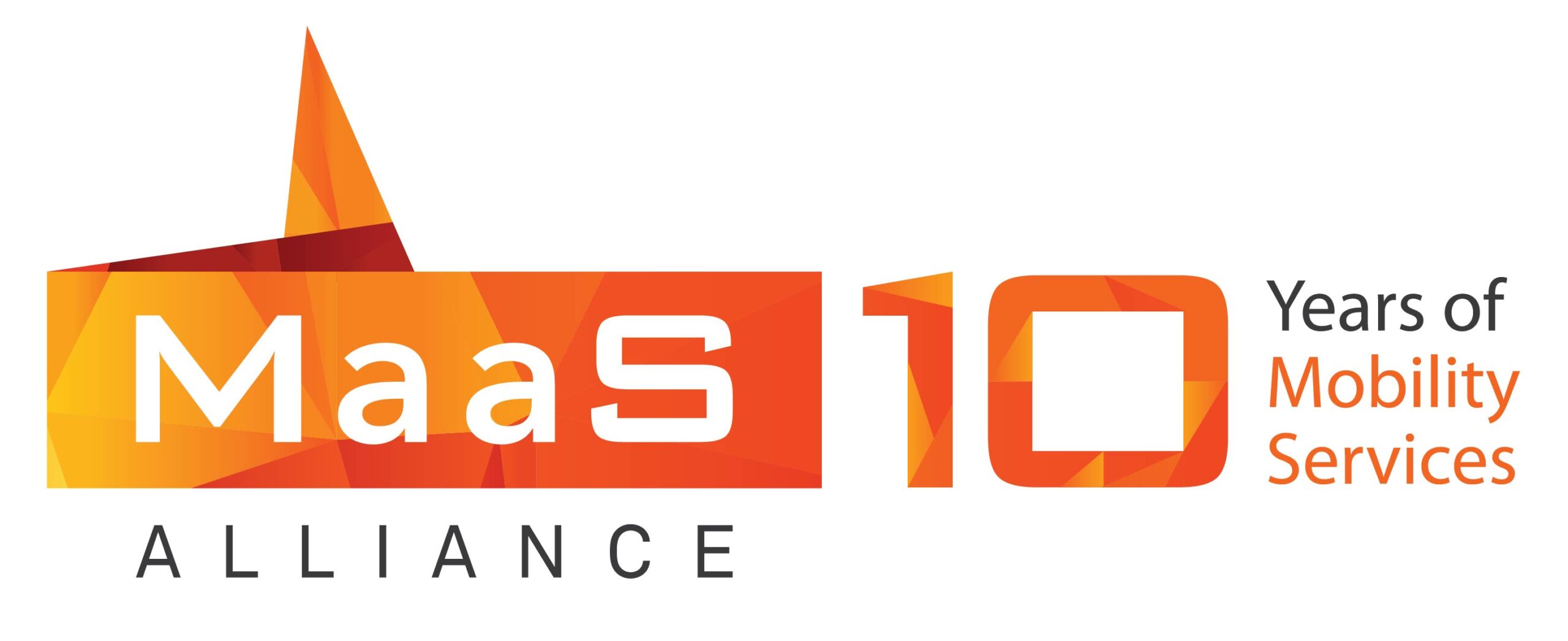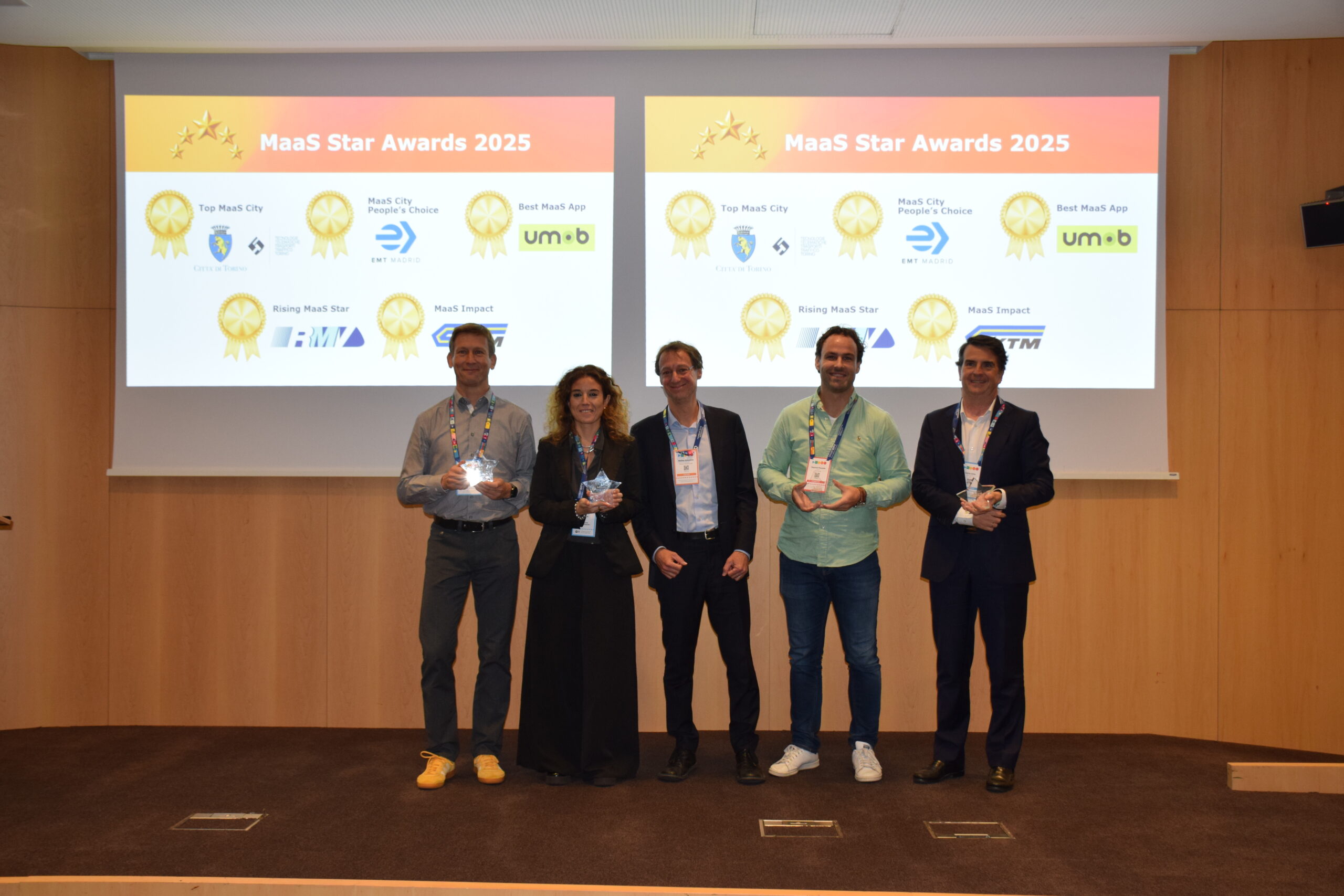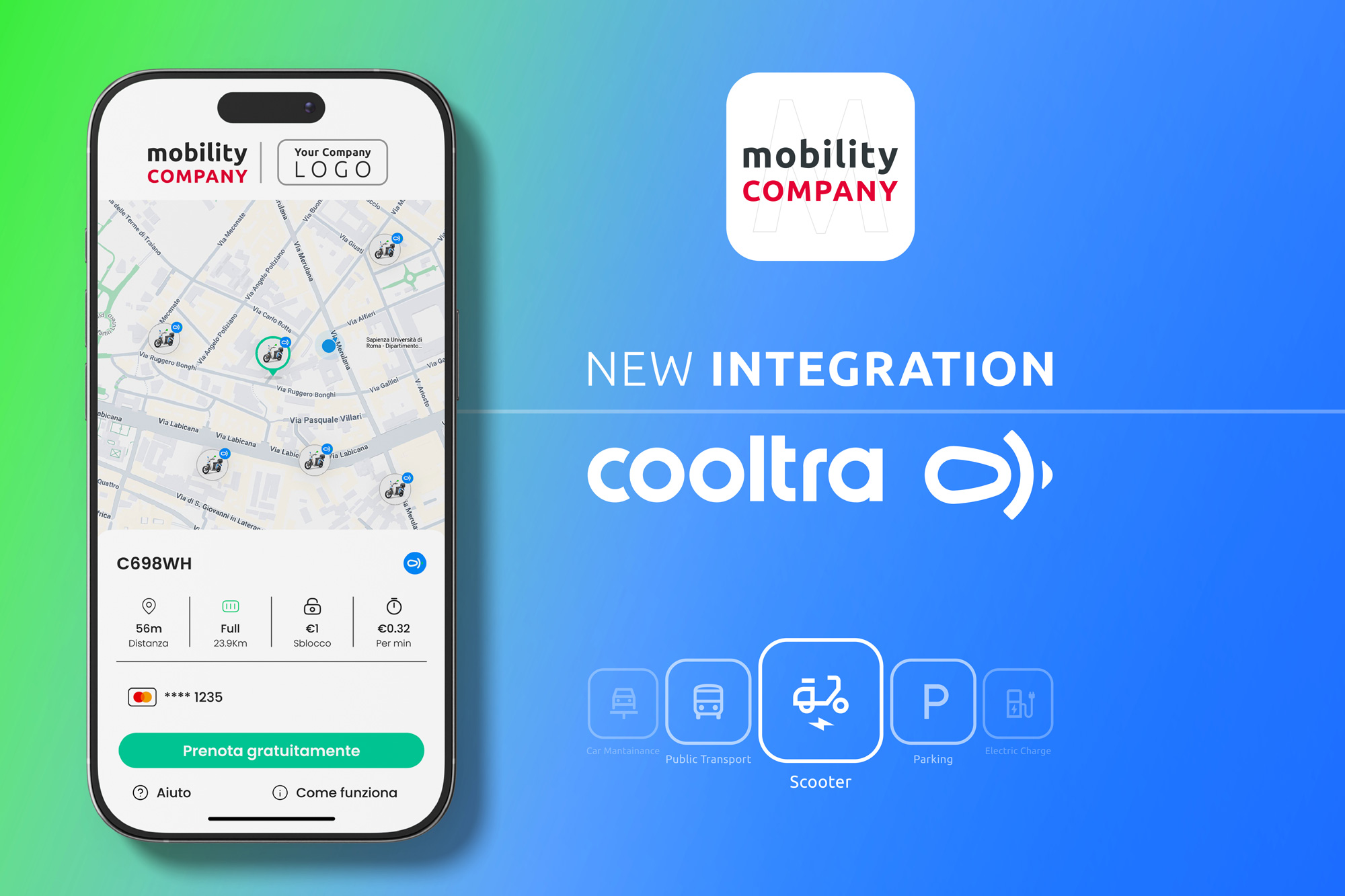
“For many people with disabilities there is no joy in using transport, with old infrastructure hugely inadequate and new services often ignoring accessibility completely.”Sandra Witzel, CMO of SkedGo.
Saturday 3rd December 2022 marked the United Nations (UN) ‘International Day of Persons with Disabilities’; a chance to recognise the difficulties that many people with disabilities face in daily life. This is particularly true when it comes to using transport. We only have to read the headlines to get a sense of how it impacts lives. Whether it’s a lack of empathy from other people or inaccessible transport services, mobility can be a frustrating experience that leaves many feeling excluded.
Yet, accessible transport is a problem we can’t continue to ignore. A recent report from UNICEF and the World Health Organization (WHO) states that the need for assistive products to manage disabilities will exceed 3.5 billion by 2050. These range from physical products such as wheelchairs and hearing aids to software and applications that support communication, access to information and more. This makes Mobility-as-a-Service (MaaS) more essential now than ever before. So, why don’t more people have access to tools such as this? And what can be done to keep innovation and accessibility high on global agendas?
Breaking down barriers
Look closely and you’ll see the issues surrounding transport are very complex. Lack of information, data, regulation, education and training as well as poor (or non-existent) infrastructure are all part of the mix. Transport is a great enabler, yet people with disabilities face many social, economic, and political barriers which impact everything from healthcare to employment and more.
Breaking down these barriers starts with understanding the broader community of people who have accessibility requirements. They may include people with limited mobility, vision or hearing; neurodiverse persons, and the elderly. Disabilities may be visible or invisible; these all need to be taken into consideration. Given 15% of the world’s population have disabilities, according to WHO, the lack of mobility tools is shortsighted. Alongside the basic human right to transport are the lost opportunities from an economic and human capital perspective.
Much work is being done globally to address the challenges faced by people with disabilities. The UN’s Disability Inclusion Strategy aims to raise global standards and, of course, the 2030 Agenda for Sustainable Development mandates that no one should be left behind. New ideas and a collaborative approach are key to tackling what lies ahead. After all, raising standards for people with disabilities means we raise standards for everyone.
“I urge all countries to fully implement the Convention on the Rights of Persons with Disabilities, increase accessibility, and dismantle legal, social, economic and other barriers with the active involvement of persons with disabilities and their representative organizations.”António Guterres, Secretary-General of the United Nations
Innovation & accessible transport
To this end, it’s pertinent that the theme for ‘International Day of Persons with Disabilities’ is innovation. This follows last year’s focus on reducing inequality through technology. At SkedGo, we see firsthand how innovation and technology can help to improve transport accessibility but we can’t do this without high-quality data. Data powers our routing algorithms. With it, we can integrate accessibility features into our regular routing. This means, for example, that people can select ‘wheelchair’ or an accessible transport mode to get a different route from someone who doesn’t have any accessibility needs.
“MaaS is not just about putting lots of different modes on the map. It’s about providing tailored information for the user, so we can pick up our smartphones and it tells us everything about the transport world around us. What train to take, which is the least busy carriage, if a lift is out of use, whether a vehicle is wheelchair accessible. It can completely change the experience someone has with mobility.”Sandra Witzel, CMO of SkedGo
Open data allows us to provide accessible MaaS to city councils, not-for-profits or any other organisation that wants to use journey planners which are as inclusive as possible. Data from the Internet of Things (IoT) sensors can provide additional information too, such as crowdedness on public transport. Alongside data, we can cater for everything from screen readers and voice activation to mobility wallets, which can offer free or concessionary travel for eligible individuals. These innovations are already here; it requires governments and organisations to be open-minded to the possibilities and ensure these tools are made available to as many people as possible.
The next step?
The International Day of Persons with Disabilities is a reminder of the need to continue the hard work to overcome barriers, including to transportation. This requires a framework in which accessible transport can thrive and that is proactive and progressive. It also requires incentivisation to encourage the best minds in the field to deliver solutions that will shape the transport sector for the better.
As part of this, we require an accessible MaaS ecosystem that includes regulation, funding, and collaboration with advocacy groups to create an environment that fosters awareness and both encourages and puts pressure on transport companies to integrate universal design from the start and provide access to open data. Not only will this be of great benefit to people living with disabilities, but it will also help others in the general public, e.g. those with a temporary injury, young families with prams, people who want to take their bike on the train or tourists with large suitcases. Ultimately, it will provide greater freedom of mobility for everyone.
“MaaS is a unique chance to create accessible trip chains for everyone – and access to transport is access to life. Everyone should have the right to access the transport they need.”Sandra Witzel, CMO of SkedGo
Source: SkedGo



